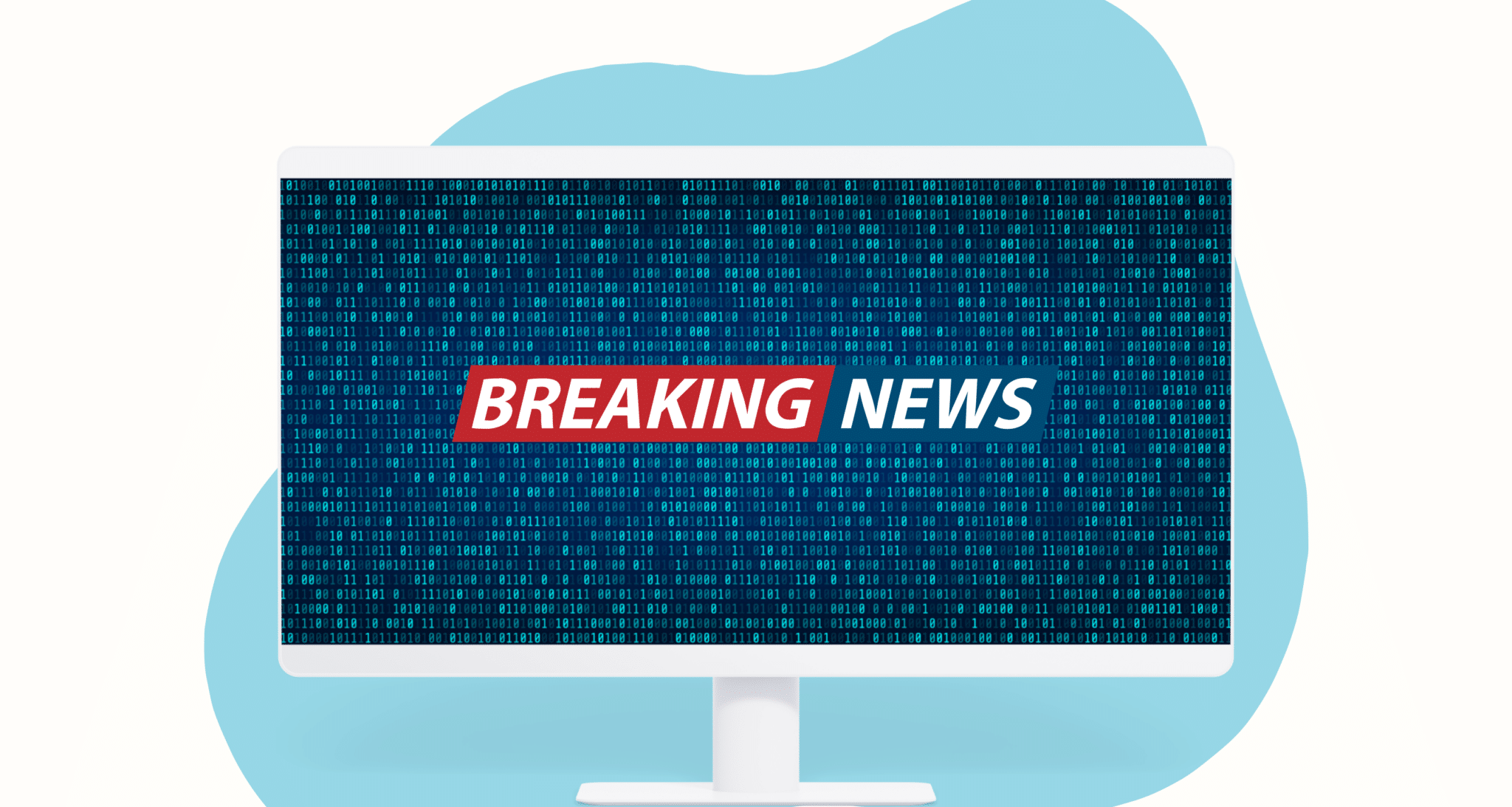
In July 2024, the OCR Breach Portal listed 42 incidents affecting 917,299 patients. The most affected group was healthcare providers, reporting 30 incidents affecting 727,292 patients. This was followed by health plans which reported 7 incidents, affecting 119,043 patients. Business associates also reported 5 incidents, affecting 55,354 patients. We’ll examine what caused July 2024 healthcare breaches and how they could have been prevented.
35 Hacking Incidents Affected 800k
Hacking incidents are generally the main cause of healthcare breaches, and July 2024 was no different. The 35 hacking incidents reported in July 2024 represented 88% of patients affected by July incidents.
Who reported hacking incidents, and how many patients were affected?
- 24 healthcare providers, 617,751 patients
- 7 health plans, 121,866 patients
- 5 business associates, 55,354 patients
How to Prevent Hacking
As hacking incidents have become the leading cause behind healthcare breaches for several years, minimizing your risk of being targeted is crucial.
Security Risk Assessments and Remediation
Security risk assessments (SRAs) are vital for security and compliance. An SRA aims to identify weaknesses and vulnerabilities in your security practices to prepare yourself against potential threats. Once SRAs have been conducted, it is essential to create remediation plans to address any identified deficiencies.
Employee Cybersecurity Training
A significant portion of hacking incidents results from phishing emails. Employee cybersecurity training is essential to your organization’s overall security posture. Employees should be trained on recognizing phishing attempts and what to do if they suspect an incident has occurred.
7 Incidents of Unauthorized Access or Disclosure
In July 2024, 7 incidents of unauthorized access or disclosure were reported. These incidents affected 110,107 patients, representing 12% of patients affected by July incidents.
Who reported these incidents, and how many patients were affected?
- 6 healthcare providers, 109,541 patients
- 1 health plans, 566 patients
How to Prevent Unauthorized Access or Disclosure
As we mentioned, there are two ways in which unauthorized access or disclosures occur – inappropriate employee access or unauthorized access by another entity.
Policies and Procedures and Employee Training
HIPAA policies and procedures are essential to HIPAA compliance as they guide employees on what is appropriate. HIPAA requires employee use and disclosure of PHI to be limited to the minimum necessary to perform their job functions. Your policies and procedures should dictate this, and employees should be trained on the policies and procedures to be aware of their obligations.
User Authentication, Access Controls, and Audit Controls
To ensure adherence to the minimum necessary standard, you must implement user authentication, access controls, and audit controls. User authentication provides unique login credentials for each employee, while access controls enable administrators to designate different PHI access levels using those unique login credentials. Also, based on the implementation of unique login credentials, audit controls track access to data to ensure that PHI is accessed appropriately by each employee.








